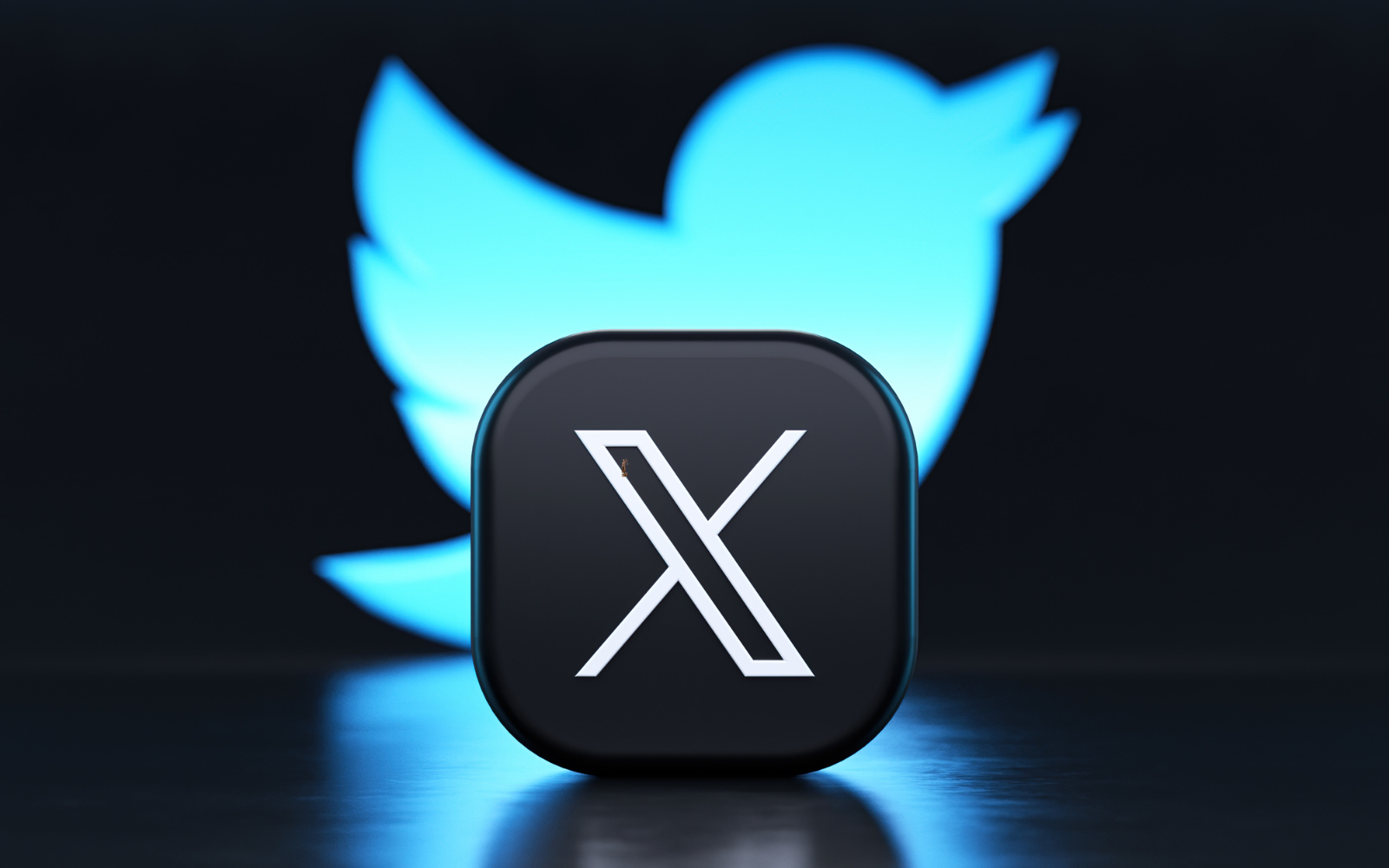Can You Afford To Defend Your Tweets In Court?
In the era of social media, where tweets can travel faster than the speed of light and cause irreparable damage, a pertinent question emerges: Can South Africans afford to defend their harmful tweets about others on Twitter, now colloquially known as X? The consequences of a defamatory tweet can be far-reaching, not only damaging reputations but also emptying pockets in the process.
The Cost of Litigating a Defamation Case in South Africa
Litigating a defamation case in South Africa is no small feat. Defamation cases can be complex, time-consuming, and financially draining. Legal experts have estimated that defending a defamation lawsuit could cost a defendant tens of thousands of rands, if not more. One of the primary factors contributing to the high cost is the extensive legal work involved in proving or disproving the defamatory statement in question.
The Initial Investment: Attorneys' Fees
Most attorneys, recognizing the complexity of defamation cases, require a significant upfront payment to take on such matters. It is not uncommon for a legal representative to demand a deposit of at least between R30 000 to R50,000 before initiating the legal process. This initial investment serves as a testament to the serious financial commitment required to defend oneself against allegations of defamation.
Cost Orders: A Double Blow In South Africa, courts have the authority to grant cost orders against the defendant in defamation cases. If the court finds the defendant guilty of defamation, they may be ordered to pay not only their own legal fees but also the plaintiff's costs. This double financial blow can significantly amplify the economic burden of a defamation lawsuit.
The Challenge Ahead
The financial implications of defending tweets in a courtroom should serve as a stark reminder of the responsibility that comes with our words, especially in the digital age. As social media users, we must exercise caution and think twice before posting harmful content online. The potential cost of defending a harmful tweet not only involves monetary expenses but also emotional strain and reputational damage. In the end, the question remains: Can South Africans truly afford to defend their harmful tweets about others in court? The answer, both financially and ethically, may be far more complex than we initially realize.
Perhaps, instead of relying on litigation to rectify the damage, a shift in mindset toward responsible social media usage is the key to preventing these costly battles before they even begin. After all, an ounce of prevention is worth a pound of cure.

